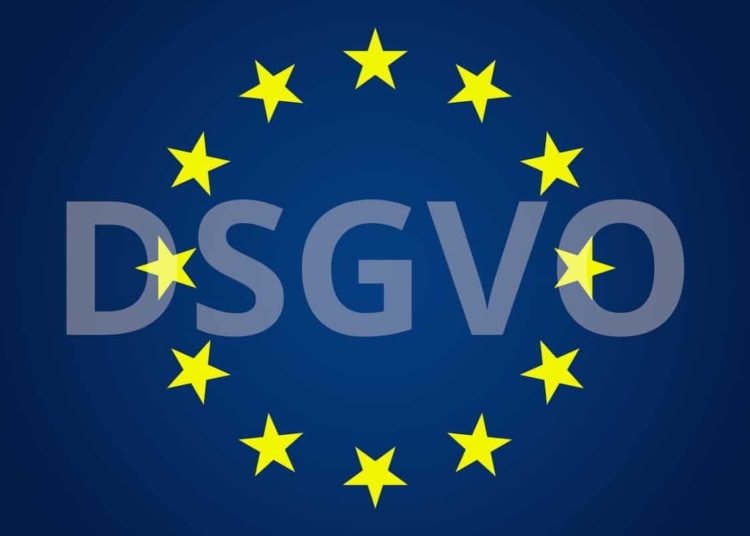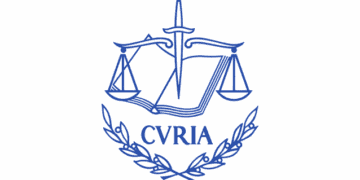The BGH has ruled in two cases, rejecting the delisting request in one case (confirming the first two instances) and referring the second case to the ECJ.
The plaintiff was the managing director of a regional association of a welfare organization. In 2011, this regional association had a financial deficit of almost one million euros; shortly before that, the plaintiff called in sick. Both were reported in the regional daily press at the time, with the plaintiff’s full name mentioned. The plaintiff is now requesting the defendant, as the person responsible for the Internet search engine “Google”, to refrain from reproducing these press articles in the list of results when searching for his name. The landgericht dismissed the action. The plaintiff’s appeal was unsuccessful.
The VI Civil Senate of the Federal Court of Justice, which is responsible among other things for claims under data privacy law, dismissed the plaintiff’s appeal. The Federal Court of Justice’s Sixth Civil Senate, which is also responsible for data privacy claims, dismissed the plaintiff’s appeal, which had been allowed by the Court of Appeal. The claim asserted by the plaintiff for delisting of the result links at issue does not result from Art. 17 Para. 1 GDPR. The right to delist from Art. 17 para. 1 GDPR requires, according to the case law of the European Court of Justice and the decision of the First Senate of the Federal Constitutional Court of November 6, 2019 (1 BvR 276/17 – Right to be Forgotten II), a comprehensive consideration of fundamental rights based on all relevant circumstances of the individual case and taking into account the severity of the interference with the fundamental rights of the data subject on the one hand (Art. 7, 8 GRCh), the fundamental rights of the defendant, the interests of its users and the public as well as the fundamental rights of the providers of the content evidenced in the result links complained of on the other hand (Art. 11, 16 GRCh). Since the freedom of opinion of the content providers burdened by the decision must be included in this weighing process as a directly affected fundamental right, there is no presumption of priority of the interests of the person affected, but the conflicting fundamental rights must be weighed against each other on an equal footing. However, it also follows from this requirement of equal consideration that the person responsible for a search engine does not have to take action only when he becomes aware of an obvious infringement of the rights of the person concerned that is clearly recognizable at first glance. The Senate does not adhere to its contrary case law developed for the legal situation prior to the entry into force of the GDPR (Senate judgment of February 27, 2018 – VI ZR 489/16, BGHZ 217, 350, 363 marginal no. 36 in conjunction with 370 f. marginal no. 52).
According to these principles, the plaintiff’s fundamental rights must take second place to the interests of the defendant and the interests of its users, the public and the press organs responsible for the linked newspaper articles, even taking into account the passage of time in the specific case, whereby the continued legality of the linked reporting is of decisive importance for the delisting request against the defendant.
In view of the primacy of application of the data protection law that has been finally harmonized throughout the Union in this case and the comprehensive consideration of fundamental rights that must be carried out when examining a request for delisting pursuant to Article 17 of the GDPR, the plaintiff cannot base his claim on provisions of national German law either.
The plaintiff works for or is involved in various companies offering financial services in a responsible position. The plaintiff is his partner and was an authorized signatory of one of these companies. On the website of a U.S. company whose goal, according to its own statement, is “to make a lasting contribution to fraud prevention in business and society through active education and transparency,” several articles appeared in 2015 that took a critical look at the investment model of some of these companies. One of these articles was illustrated with photos of the plaintiffs. For its part, the website operator’s business model was reported critically, including the accusation that it tries to blackmail companies by first publishing negative reports and then offering to delete the reports or prevent the negative reporting in exchange for a so-called protection money. The plaintiffs claim to have been extorted as well. They demand from the defendant as the person responsible for the internet search engine “Google” to refrain from displaying the mentioned articles in the list of results when searching for their names and the names of various companies and from displaying the photos of them as so-called “thumbnails”. The defendant has stated that it is unable to assess the truth of the claims made in the linked content. The landgericht dismissed the action. The plaintiffs’ appeal was unsuccessful.
The Federal Court of Justice suspended the proceedings and referred two questions to the Court of Justice of the European Union for a preliminary ruling.
On the one hand, the Court of Justice of the European Union must clarify whether it is compatible with the rights of the data subject to respect for his private life (Art. 7 CFR) and to protection of personal data relating to him (Art. 8 CFR), in the context of the examination of his delisting request against the controller of an Internet search service pursuant to Art. 17 para. 3(a) GDPR, if the link whose delisting is requested leads to content that contains factual allegations and value judgments based on factual allegations, the truth of which the data subject disputes, and the legality of which stands or falls with the question of the truthfulness of the factual allegations contained therein, it must also be decisively considered whether the data subject could reasonably obtain legal protection against the content provider – e.g. by means of an interim injunction – and thus bring about at least provisional clarification of the question of the truthfulness of the content.The question of whether the person concerned could obtain legal protection against the content provider in a reasonable manner – e.g. by means of an interim injunction – and thus bring the question of the truth of the content proven by the person responsible for the search engine to at least provisional clarification.
Secondly, the Federal Court of Justice asks for an answer to the question of whether, in the case of a delisting request against the person responsible for an Internet search service which, in a name search, looks for photos of natural persons which third parties have posted on the Internet in connection with the person’s name, and which displays the photos it has found as thumbnails in its overview of results, the person responsible for the search is entitled to a fair hearing under Articles 12(b) and 14(14)(b) of the German Copyright Act. 1 letter a DS-RL / Art. 17 para. 3(a) GDPR, the context of the original publication of the third party must be taken into account, even if the website of the third party is linked but not specifically named when the preview image is displayed by the search engine and the resulting context is not displayed by the Internet search service.

























